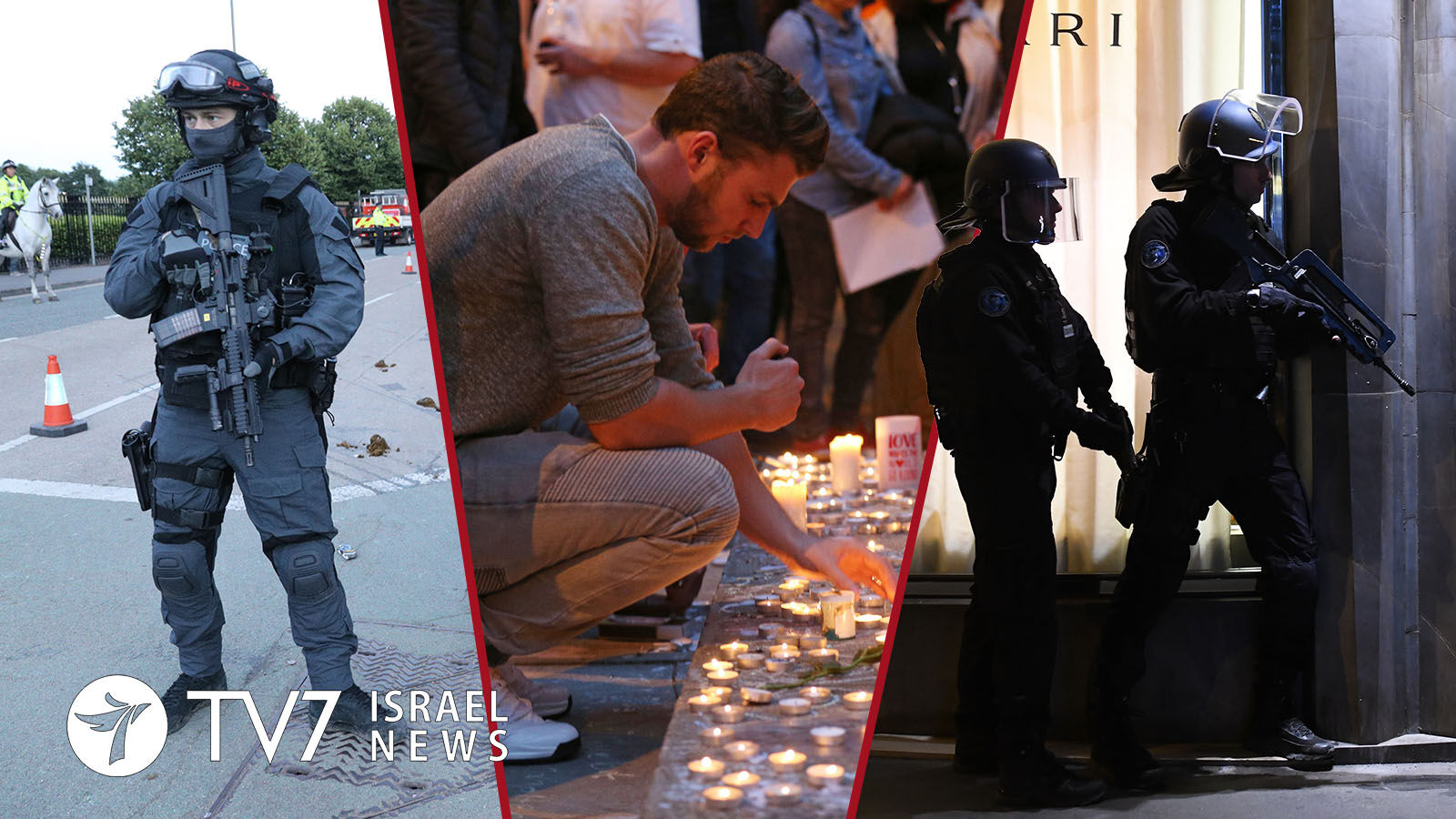Israeli Prime Minister Naftali Bennett issued the warning as world nations pursue efforts to revitalize the Joint Comprehensive Plan of Action (JCPOA) with the Islamic Republic, that demands the lifting of harsh punitive economic measures as a precondition to returning to compliance with the 2015 nuclear deal.
By Erin Viner
Saying that “Iran is an octopus of terror and instability,” Bennett said in a video address to the World Economic Forum in Davos that, “The last thing you want to do with this sort of octopus is pour tens of billions of dollars into this apparatus. Because what will you get? You’ll get terror on steroids. Right? Everything we’ve seen will be doubled and tripled because they’ll be much stronger.”
Iran has openly breached nuclear limits set by the JCPOA since former United States President Donald Trump withdrew from the deal in 2018.
After 8 rounds of talks in Vienna since April 2021, the widest gaps between the sides remain the speed and scope of lifting sanctions on Tehran, including the Islamic Republic’s demand for guarantees from Washington that no future punitive measures would be imposed, as well as precise plans for how and when curbs would be restored on its atomic development.
Israeli leaders have accused arch-foe Iran of stalling for time, as Western officials warn time is running out to restart the JCPOA due to the pace of Tehran’s nuclear gains. Jerusalem has repeatedly stated that is will not be bound by any agreement reached in Vienna, and that the Jewish State reserves the right to protect itself from any threats posed by the Islamic Republic.
After warning that increased work from remote locations makes companies more vulnerable to hacking, Prime Minister Bennett said “this means we need good cyber defense and Israel has massively invested in cyber defense technologies.”
He went on to reveal nearly half of all global cyber defense investment over the last several years has been in Israel, underscoring that the Jewish State “has become a powerhouse in cyber defense. I see a bunch of opportunities and we intend to seize them.”
Expressing Jerusalem’s aspiration to widen the circle of regional peace partners, the Israeli premier highlighted his positive summits since taking office with King Abdullah II of Jordan, Egyptian President Abdel Fattah al-Sisi and Abu Dhabi Crown Prince Sheikh Mohammed bin Zayed al-Nahyan.
“I’m a businessman. I came to age as a businessman in hi-tech, etc. I would say that investing in Iran is not a sound investment, whether there’s a deal or not a deal,” stressed Bennett to participants at the virtual economic conference.
“My approach is to build bridges, build bridges in the region. And I think we’ve been doing that for the past few years. We have a common foe in the region and that’s Iran. We need reasonable-minded countries, that want to fight extreme Islam, collaborating. And I think more and more regional partners are coming to see Israel as an anchor of stability in a very tumultuous region, and not only in the security sense but also in economy,” he said.
In related developments, just 4 days after visiting Israel, US Naval Forces Central Command Vice Admiral Brad Cooper attended a Maritime Security Dialogue session of the Center For Strategic and International Studies.
“In just the last sixteen months, the two significant events that have occurred are the Abraham Accords being signed in September of 2020 and then just earlier, later this last year, in September first, Israel shift from the US European Command to US Central Command area of responsibilities; and then combine that with the belief that – not just among Israel but nations in the region – that Iran is the regional threat. It presents an opportunity that I think is just unique and frankly, we just couldn’t have imagined it even two years ago,” he said.
Vice Admiral Cooper further stressed that, “Today, Iran is the most serious threat that we see in the region. It manifests in many different forums, the others, the nuclear component of this; and on the conventional side, significantly, there is a growth in ballistic missile defense force; there is a growth and capability growth in cruise missiles and a growth in both capabilities and numbers with Iranian UAVs, and the proliferation of those UAVs around the region. There is also increased proxy activity, you see this manifested everywhere from Lebanon to Iraq and Syria, as well as Yemen.”
